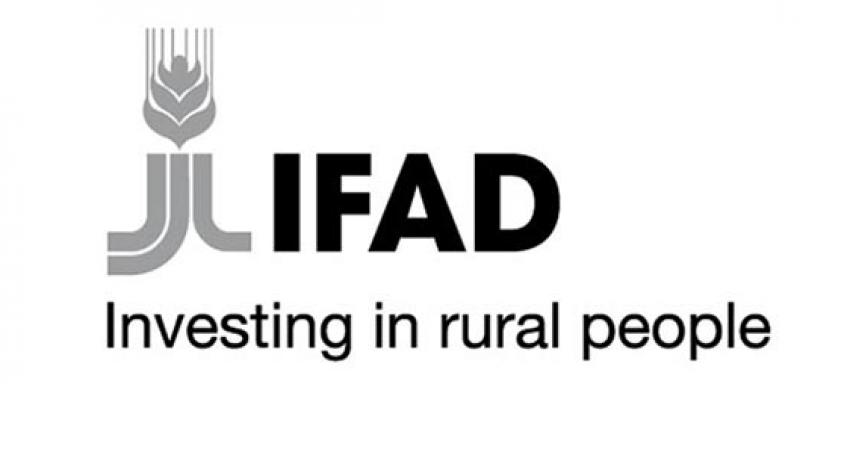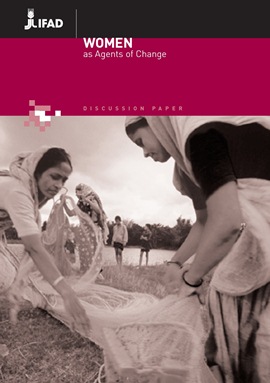Focal point
Location
The International Fund for Agricultural Development (IFAD), a specialized agency of the United Nations, was established as an international financial institution in 1977 as one of the major outcomes of the 1974 World Food Conference. The Conference was organized in response to the food crises of the early 1970s that primarily affected the Sahelian countries of Africa. The conference resolved that "an International Fund for Agricultural Development should be established immediately to finance agricultural development projects primarily for food production in the developing countries". One of the most important insights emerging from the conference was that the causes of food insecurity and famine were not so much failures in food production, but structural problems relating to poverty and to the fact that the majority of the developing world's poor populations were concentrated in rural areas.
IFAD's mission is to enable poor rural people to overcome poverty.
IFAD is dedicated to eradicating rural poverty in developing countries. Seventy-five per cent of the world's poorest people - 1.4 billion women, children and men - live in rural areas and depend on agriculture and related activities for their livelihoods.
Working with rural poor people, governments, donors, non-governmental organizations and many other partners, IFAD focuses on country-specific solutions, which can involve increasing rural poor peoples' access to financial services, markets, technology, land and other natural resources.
Resources
Displaying 76 - 80 of 102Land Tenure Security for Poverty Reduction in Eastern and Southern Africa: Workshop Report
Contains review of land policy formulation and implementation, land tenure challenges and activities in poverty reduction programmes and projects, stakeholder perspectives, lessons learned for mainstreaming land tenure security in poverty reduction.
Rural Women’s Access to Land and Property in Selected Countries: Progress Towards Achieving the Aims of the Convention on the Elimination of All Forms of Discrimination against Women
This report is the fruit of collaboration between ILC, IFAD and FAO. It provides information on the historical background of the Convention and its Optional Protocol, the working methods of the Committee, as well as a summary of information provided in reports of selected countries. NOTE: See also the 2010 update of this document.
Women as Agents of Change
This document calls attention to the importance of women's empowerment in all aspects of public and private life. There is a specific section in the paper on women's access to land and other resources that emphasises the need to understand the power dynamic and the effects of policies on the allocation of and the the control over resources. In conclusion, the paper stresses the need to involve all members of society, including men, and political leaders, in the struggle for women's empowerment and equality.
Assessment of rural poverty: Asia and the Pacific
This report argues that land reform, both tenancy reform and redistribution of ceiling surplus lands to the landless, is important to poverty alleviation.The paper argues that in addition to production benefits, land reform helps to change the local political structure by giving more voice to the poor. Re-distributive land reform, whether through market-assisted land reform programmes or otherwise, should remain a substantive policy issue for poverty reduction.









